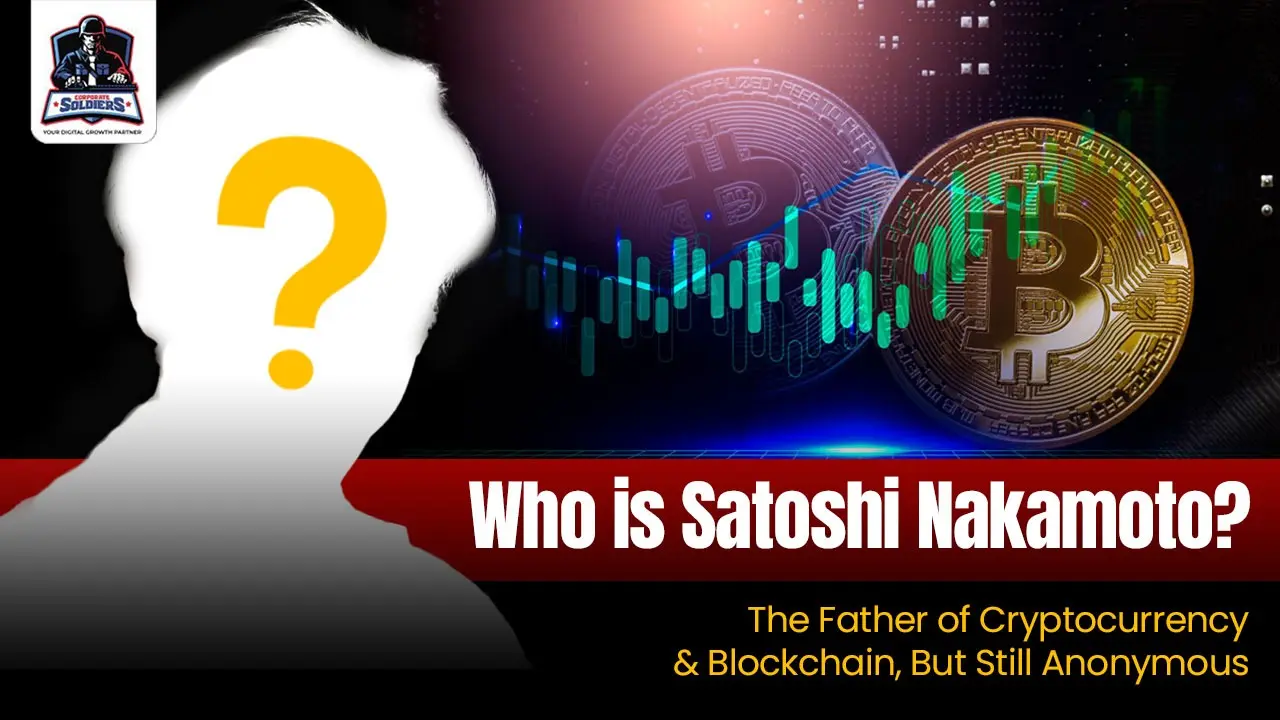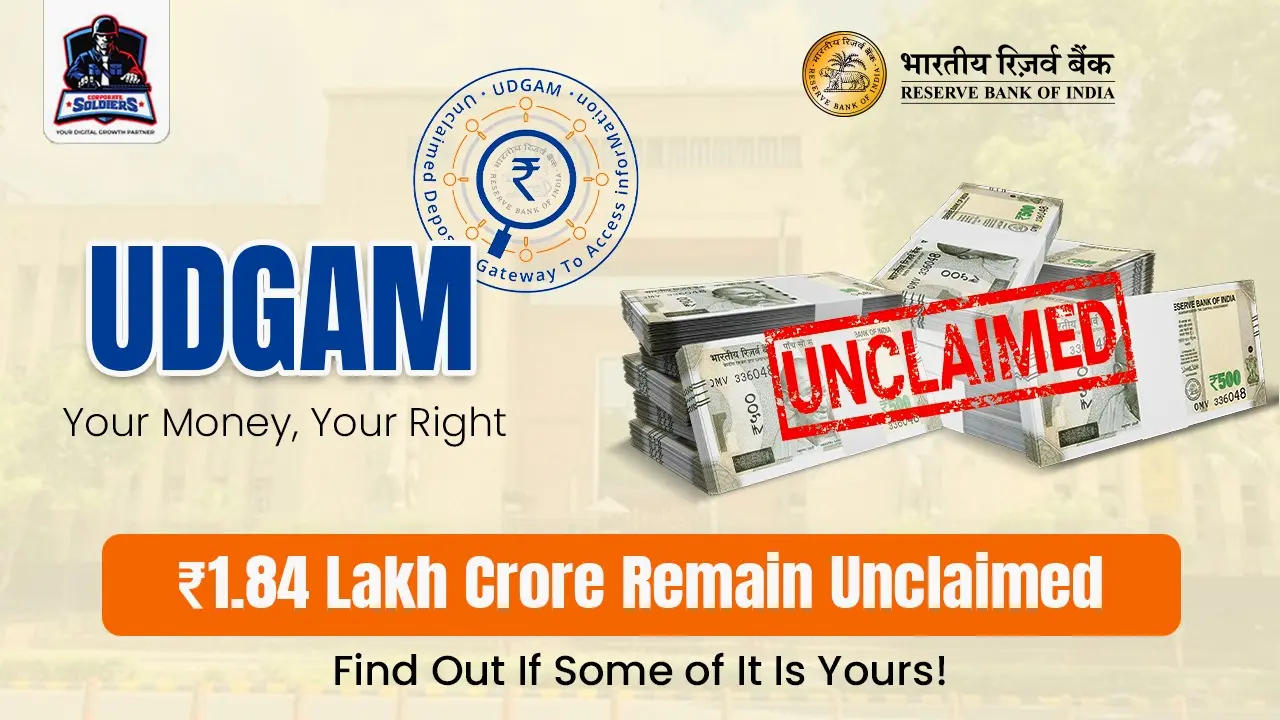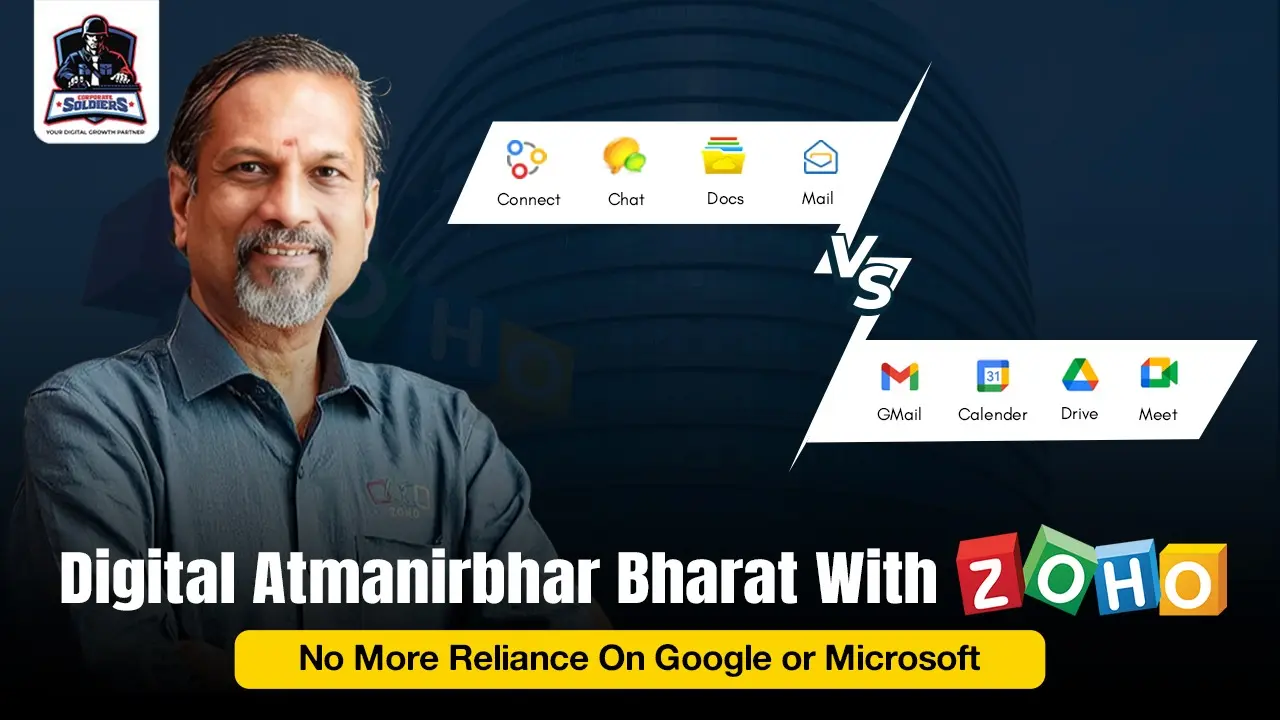Scams involving the payment of electricity bills are increasingly targeting Indian consumers. These frauds take use of people’s anxiety of losing their power to coerce them into giving up their hard-earned cash. In just the past year alone, there has been a 200% increase in cyberattacks linked to electricity bill payments.
How They Do It
There have been allegations of energy bill scams in India:
- Con artists threaten to cut off people’s electricity by text message or WhatsApp message if they do not pay their outstanding bills right away.
- Frequently, these messages have a link that takes the receiver to a website where they must input their bank account information in order to complete the payment.
- After that, the con artists utilise this information to drain the gullible victims’ bank accounts.
Don’t Let the Darkness Fool You: Identifying the Telltale Signs of a Scam
Avoiding these scams requires vigilance. The following are some telltale indicators that an electricity bill communication is fraudulent:
- Terror and Urgency: The message threatens you with a “immediate disconnection” or a “power cut tonight” in an attempt to get you to act right away.
- Suspicious Links: These could contain links to fraudulent websites impersonating reputable electricity board websites in an attempt to obtain your financial details.
- Unknown Phone Numbers: Unknown phone numbers or email addresses that are unrelated to your electricity provider are usually the source of the communications.
- Grammatical problems: They might have bad sentence construction, typos, or grammatical faults, which are not typical in formal correspondence from well-established businesses.
Boost Your Defense: How to Be Secure
The following actions will help you guard against fraudulent attempts to pay your electricity bill:
- Check Directly with Your Power Company: Don’t depend on the details in the message. Make direct contact with your power board by using the telephone or website found on your most recent bill or their official website.
- Never Click on Dubious Links: Refrain from clicking on any links in messages that seem suspect. Enter the official URL into your browser to go directly to the website of your electricity provider.
- Be Wary of Payments with Cash or Gift Cards: Gift cards or cash are rarely requested forms of payment from respectable power boards. These are warning signs of impersonation.
- Report Any Strange Behavior: Notify your electrical provider if you receive any questionable messages report it immediately to the concerned authority. This would save your from falling victim.
Increasing Knowledge Among Close Ones to Empower
Raising awareness among individuals who are more susceptible to falling for these tactics is essential in the fight against these scams. Tell your friends, neighbours, and family about this information. These are some more pointers:
- Support Paperless Billing: If you would prefer to receive your power bill electronically, choose paperless billing. As a result, there is less chance of a physical bill being altered. By using their websites or mobile applications, numerous Indian power boards provide paperless billing choices.
- Two factor Authentication: To enhance your online banking experience and other financial services, turn on two-factor authentication (2FA). In the event that your login credentials are stolen by swindle, this provides an additional degree of protection against unwanted access.
- Stay Up to Date: Follow the websites or social media pages of your electricity provider to stay abreast of any scam alerts and be educated about the most recent scam tactics. In India, the majority of power boards make frequent use of social media to disseminate updates and alert users to current frauds.
You can successfully prevent yourself and your loved ones from becoming victims of power bill payment scams by adhering to these guidelines and exercising caution. Always remember that exercising prudence can help you protect your hard-earned money. Take legal action to combat these con artists and make sure your power remains on.










